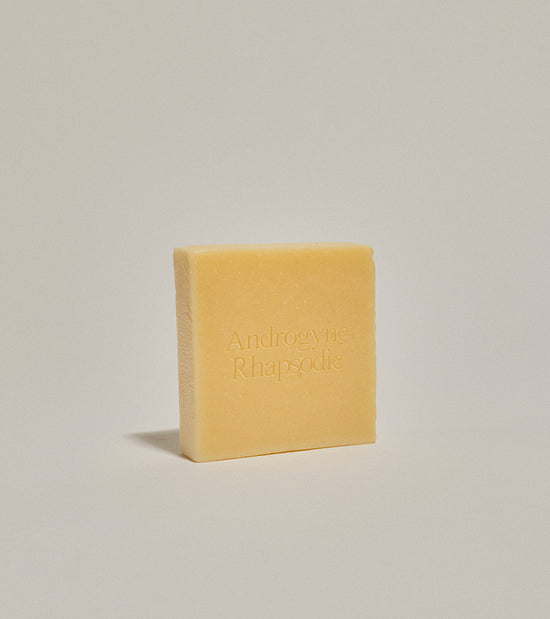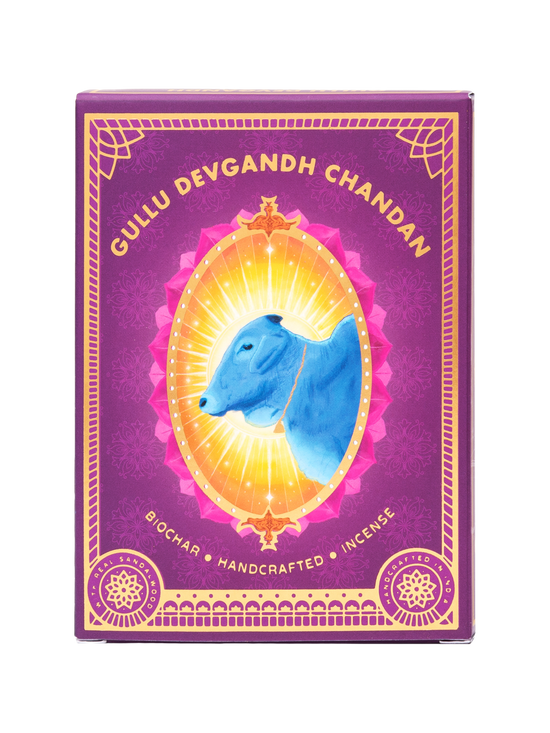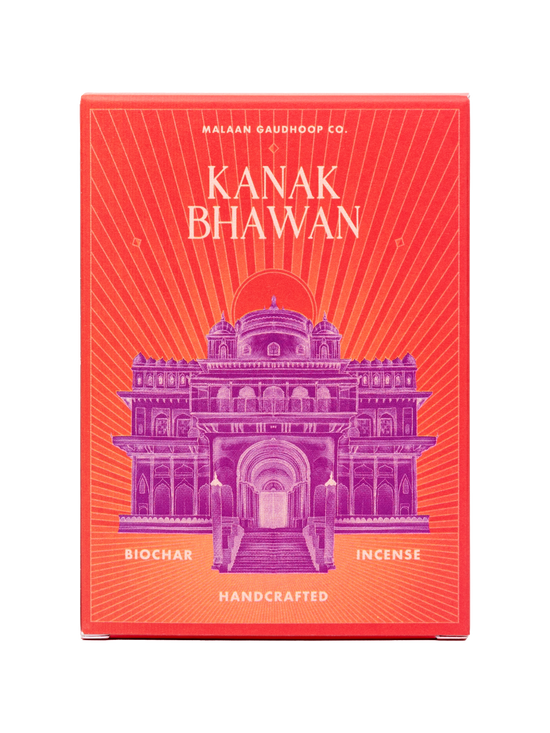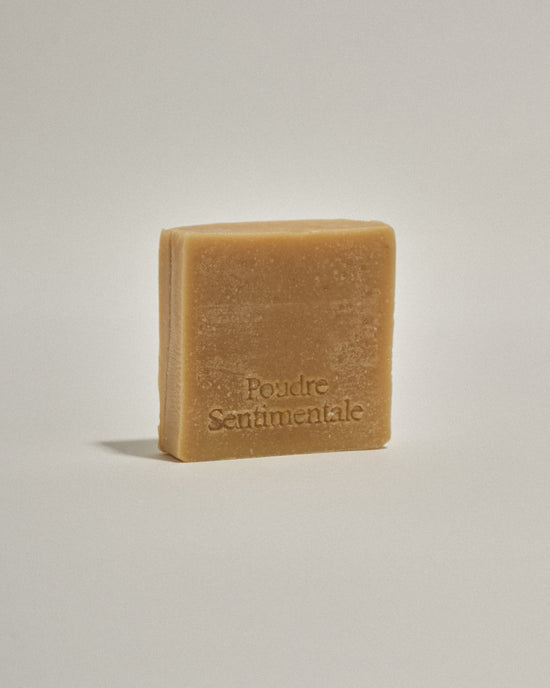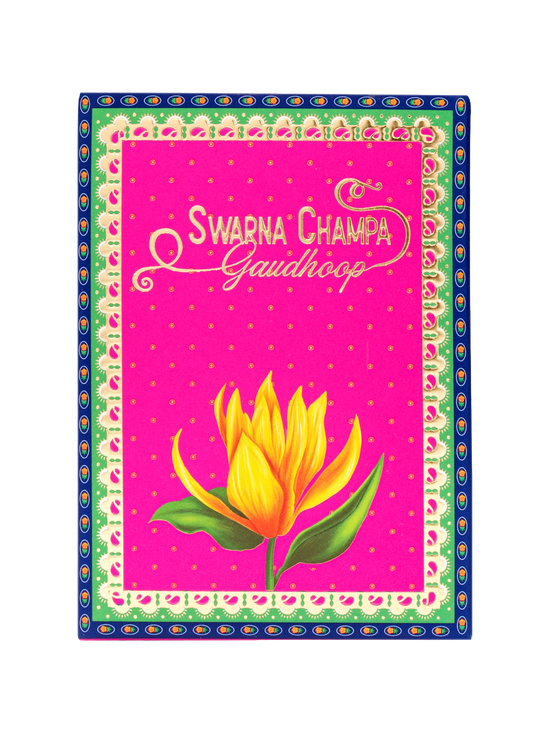(If you missed Parts One and Two, you can find them here and here.)
If you could give one of your perfumes to any person from any time, who would it be and which perfume would you give them?
I want to say Ma Bête to poet Charles Baudelaire, because he wrote so evocatively about the scent of hair, the sensuality of fur, and of the beauty and importance of perfumes. And of course “Ma Bête/ My Beast” folds those things inside itself.
But the first person that came to mind was poet Sylvia Plath, and the perfume I’d give her would be Scorpio Rising. I wanted Antoine to do a modern spice with no florals that didn’t hold back, that smoldered, smoked, and whose licking flames you could practically smell. Sylvia Plath’s poetry makes me think of fire (and she often wrote about fire) — its destructive force, its beauty, but also its elemental power to transmute things from one state to another. I can’t imagine having that kind of imagination as a woman in the repressive, stultifying 1950s! And as much as I love fragrances of the past, as I note about many of the 1950s fragrances in my book Scent and Subversion, they had to hide their “dark” or sensual sides, under their voluminous floral skirts, so to speak. So it would be interesting to give Plath a fiery perfume that doesn’t have to hide anything.

In Scent & Subversion, your book on vintage fragrance, you included many of Germaine Cellier's perfumes. In your opinion, what is it about her work that evokes such strong responses? And do you have a favourite amongst the perfumes she composed?
First of all, her iconic fragrances — Fracas, Bandit, Vent Vert — are arrestingly beautiful. They’re like the perfume equivalent of beautiful faces; you can’t ignore them. They stop you in your tracks. They just have such strong and unusual signatures, in part due to her overdosage of ingredients. They’re so clearly intelligent and witty, and when considered together, there’s such a clear point of view, about gender, about femininity and masculinity and how their codes can be entwined in perfume. They also tell stories, or prompt you to make up narratives behind the perfumes. For me, no matter how you view them, they’re magnetic, unapologetic, and you feel the presence of the animating spirit behind them. I fell in love with her fragrances before I knew anything about her. Then, discovering her bio (scant as it was) and seeing pictures of her and the impish twinkle in her eye just clinched the deal. I don’t have a favorite…it’s so hard to choose. Each one gives you something fierce or evocative. But it’s funny because before I knew Fracas, one of my favorite fragrances as a child was a knockoff that smelled to me (because of its association with my chain-smoking piano teacher) of white flowers and menthol cigarettes. So it was an uncanny thrill to smell the real thing as an adult!

When I spoke with Cellier's niece to ask her permission to use her aunt's name as the name of my website, she found it humorous that there are people out there with such a devotion to both Cellier's work and her legendary character. She described her aunt as a complete iconoclast.
I feel that the strength of character found in her work gives us ideas about what she may have been like as a person, but we have so little actual information about Germaine herself. What are your thoughts about who she may have been, and how do you feel her story might relate to us in modern times?
You don’t even have to know the lore and scraps of gossip about Cellier to feel the presence of her wit, creativity, and daring in the fragrances. I just imagine she was a headstrong free spirit, which in any era is a challenge for a woman, but in hers? She had to really believe in herself to have become a woman perfumer in her time. The perfume industry has been so skewed when it comes to gender parity, and it’s only relatively recently started to right itself. I think we all, whether secretly or openly — love a rebel who just goes for it.
Hypothetically speaking, if Cellier's perfumes were still made today in their original formulations, where would you see them being sold? How would they fit into the life of modern perfume wearers? If at all?
Cellier’s fragrances are without a doubt in the niche category, avant la lettre! But the best of vintage fragrances, like Cellier’s, are the patron saints of niche perfumery: taking risks, having a point of view, caring about quality — and going for it.

